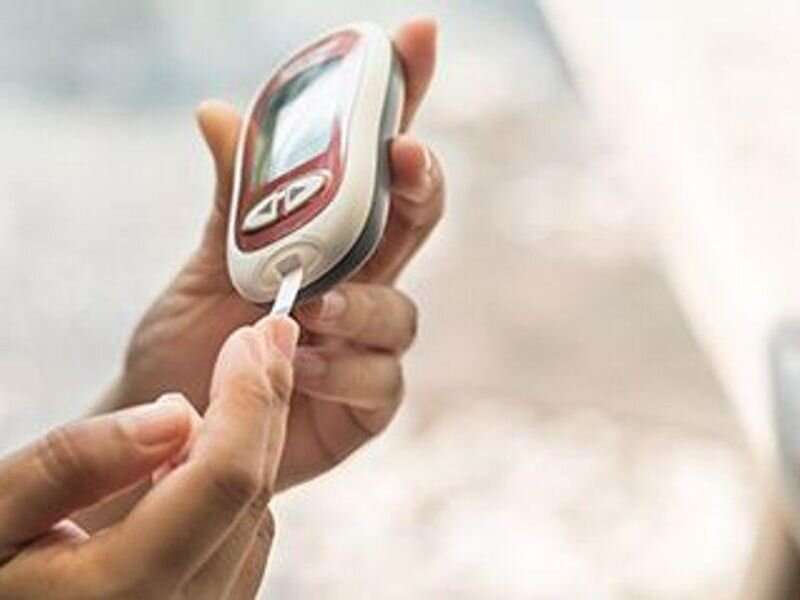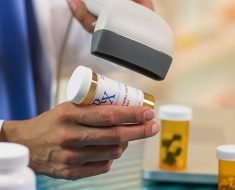
Severe acute respiratory syndrome coronavirus 2 (SARS-CoV-2) infection is associated with an increased risk for diabetes, according to a study published online April 18 in JAMA Network Open.
Zaeema Naveed, M.B.B.S., Ph.D., from the British Columbia Centre for Disease Control in Vancouver, Canada, and colleagues examined the association between COVID-19 infection and risk for diabetes in a population-based cohort study. Individuals who tested positive for SARS-CoV-2 infection were matched on sex, age, and collection date of test to those who tested negative in a 1:4 ratio (125,987 and 503,948 individuals, respectively).
The researchers found that events of incident diabetes occurred among 0.5 and 0.4 percent of those who were exposed and not exposed, respectively, during the median follow-up of 257 days. The exposed versus the nonexposed group had a significantly higher incident diabetes rate per 100,000 person-years (672.2 versus 508.7 incidents). The exposed group also had a higher risk for incident diabetes (adjusted hazard ratio, 1.17) as did men (adjusted hazard ratio, 1.22). A higher risk for diabetes was seen among those with severe disease, including those admitted to the intensive care unit or hospital (hazard ratios, 3.29 and 2.42, respectively). The fraction of incident diabetes cases attributable to SARS-CoV-2 infection was 3.41 and 4.75 percent overall and among men.
“Our study highlights the importance of health agencies and clinicians being aware of the potential long-term consequences of COVID-19 and monitoring people after COVID-19 infection for new-onset diabetes for timely diagnosis and treatment,” the authors write.
One author disclosed financial ties to the pharmaceutical industry.
More information:
Zaeema Naveed et al, Association of COVID-19 Infection With Incident Diabetes, JAMA Network Open (2023). DOI: 10.1001/jamanetworkopen.2023.8866
Journal information:
JAMA Network Open
Source: Read Full Article




